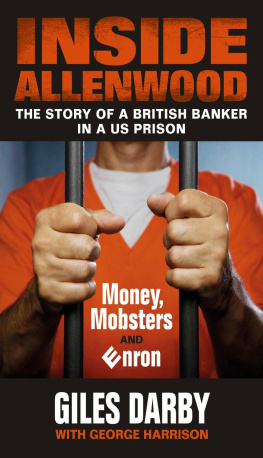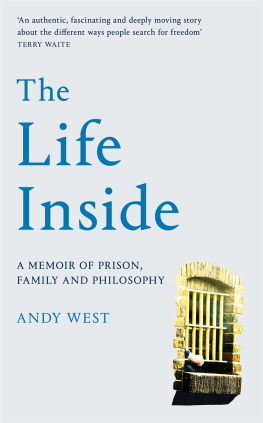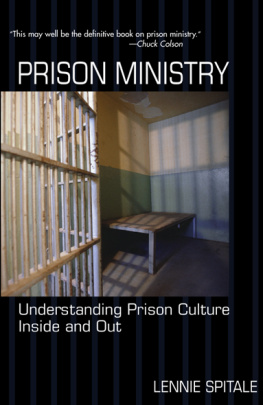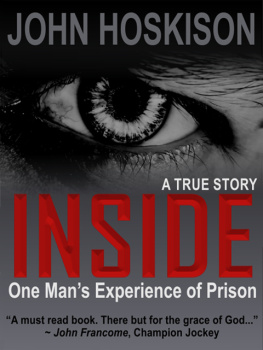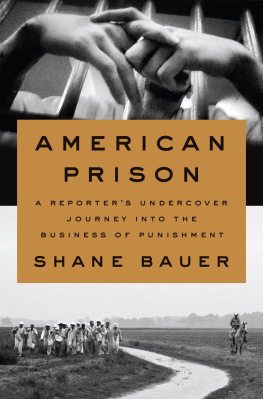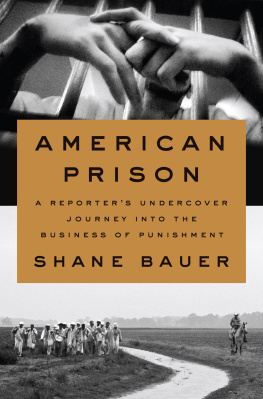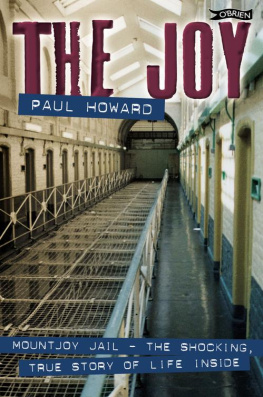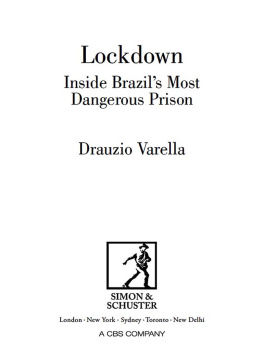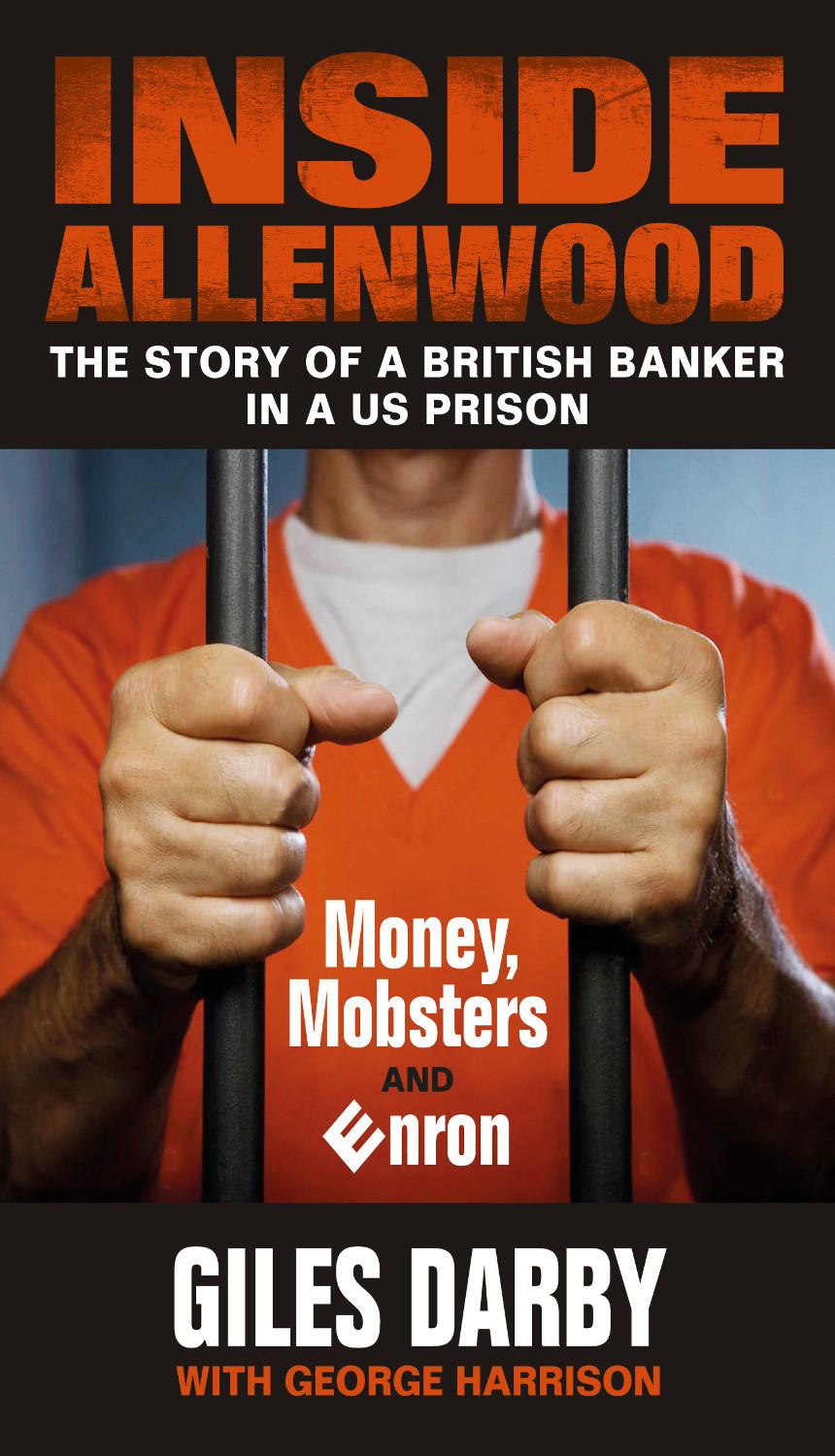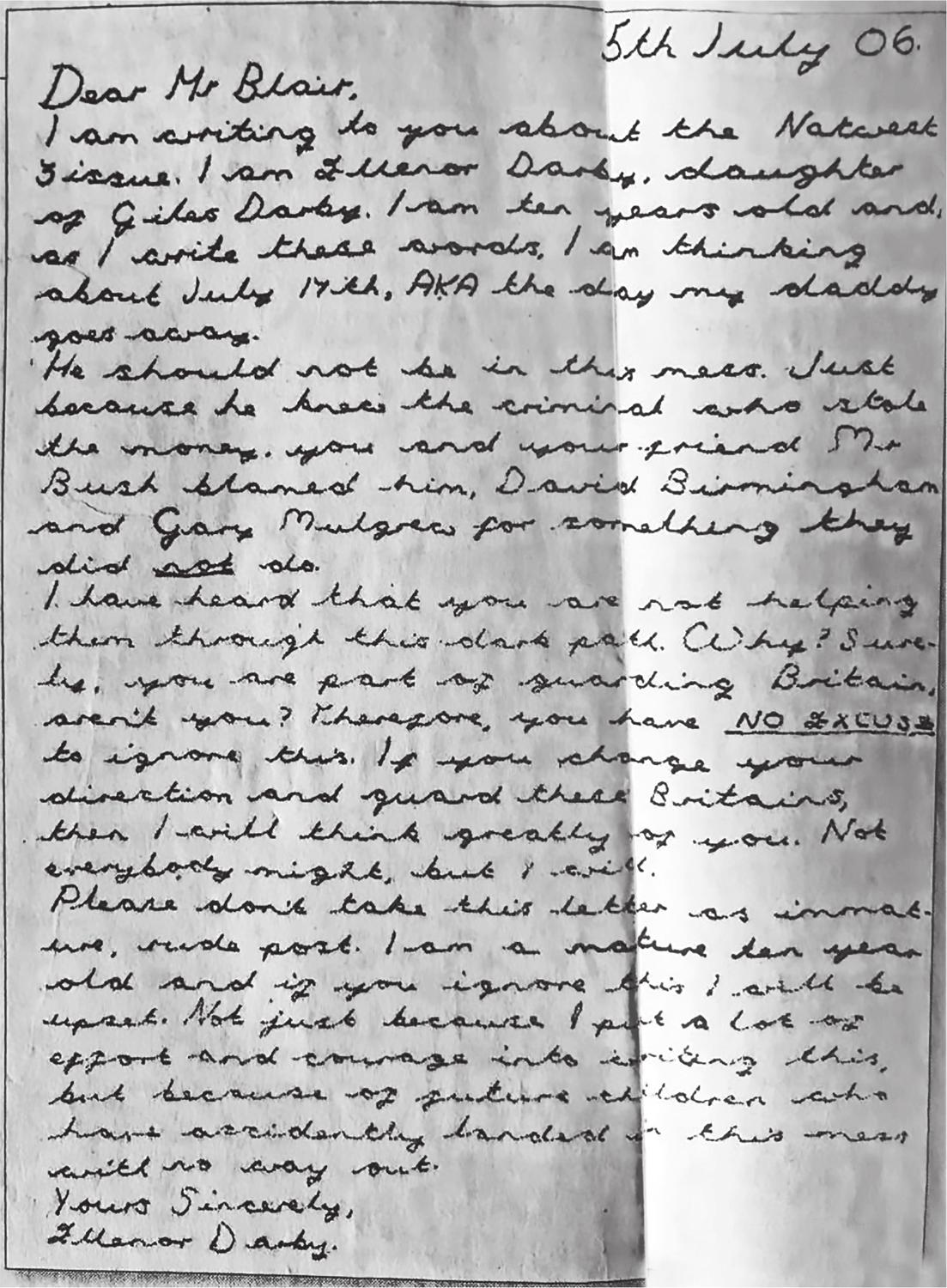For Deborah Jane who loved me and supported me throughout these events.
Thank you for everything. Rest in peace.
I had always thought that extraordinary things happened only to extraordinary people. Then something extraordinary happened to me: not in a good way but in an awful, earth-shattering way, leaving my career in tatters and almost destroying the entire fabric of my life.
Perhaps I should have seen disaster coming. At the time, I did not lead an ordinary life, but rather a charmed one, which I thoroughly enjoyed. I was born in India, the son of a British diplomat, but spent my early years in Africa. Later on, by now a teenager in a small market town in Wiltshire, I had decided that I wanted to do something special with my life and, in my own way, thats exactly what I did. I left home at eighteen and was now in my late thirties, with a successful career in investment banking, a beautiful, loyal and supportive wife and five wonderful daughters. We lived in a large house in north London and were lucky enough to have a weekend cottage in the New Forest as well. Life couldnt have been any better.
My time was spent making deals and travelling the world, and I lived the good life while I was doing it: a life of chauffeur-driven cars, unlimited expense accounts, fabulous restaurants, first-class flights and nights in some of the worlds best hotels. Each and every moment of my day was something to relish, wherever I was and whatever I was doing. I had my health, a lovely family and great friends and I was earning more than most people could even imagine.
And then, suddenly, I wasnt: in a flash, that life was gone forever. Because of one ill-judged decision, I lost almost everything and, before I knew it, I was sitting in solitary confinement in a US prison. It was hard not to wonder: how the hell did that happen?
Even as I was arriving at the prison, it occurred to me that there were countless life choices I could have made, or different paths I could have taken, which would have led to anywhere else but here. Equally though, taking a different route at a couple of crossroads might have sent me somewhere even worse. Over the next year or so, I would have plenty of time to map all these out and reflect on them, as well as contemplate the one decision that had resulted in me ending up at Allenwood Federal Correctional Institution, Pennsylvania, USA.
Lets go back a bit. I had joined the National Westminster Bank, commonly known as the NatWest, straight from school, and worked at my local branch in Trowbridge, Wiltshire. Those were the days when everyone wore their smartest clothes to work, staff were referred to as Mister or Miss, and going to see the bank manager was like being summoned to the headmasters office.
I may have started at the bottom of the employment pile, spending my first few months putting around five hundred statements a day into envelopes, but I was fiercely ambitious. A combination of luck and judgement over the next few years led me to a job at the NatWest Investment Bank, via the International Banking division. Once there, some smooth-talking and deal-making ability helped me rise through the ranks and, along the way, I became great friends with Gary Mulgrew and David Bermingham, who were later to become my co-defendants: collectively we became known as the NatWest Three.
Gary was a rugged Glaswegian, a high-flyer, earmarked to go to the very top of the bank. When Greenwich Capital Holdings, an American financial services company, was acquired by NatWest in 1996 and we became Greenwich NatWest (GNW), Gary was appointed the head of Structured Finance and Origination and I was appointed Managing Director of the Energy group.
In the late nineties banks were starting to work in emerging markets for the first time since the Latin American crises of the early eighties. We were no exception. When Russia, with its vast supply of natural resources, began to open up its markets after the collapse of the Soviet Union, we decided that it would be a tremendous growth area for our business, so we created a Russian energy team and set up shop in Moscow. They were heady days and we put together a number of trade-related deals, always taking care to safeguard the banks position against any potential volatility on the part of our new Russian partners by financing hard assets. Before long, we had made a name for ourselves and we were asked to finance a transaction involving Russian diamonds. The Russian banker concerned, Sasha, came to London to broker a deal, but he spent more time arranging his wifes store cards and taking her shopping at Harrods and Libertys than he did discussing with us the detailed financial structures that we wanted to set up.
Eventually, excited by the potential for further business down the line, but frustrated by Sashas lack of focus, we abandoned some of our usual asset-dependent safeguards to get the deal done. We ended up making an unsecured loan of $10 million to Sashas bank, hoping that this initial deal would lead to more lucrative work in the near future. It was the only unsecured Russian deal we ever did.
Unfortunately for us, a few months later in the August of 1998, the Russian government unexpectedly defaulted on its debt and stopped all trade-related financing payments including our $10 million, which had effectively gone up in smoke. Reward and remuneration at GNW was based on one thing: profitability. I knew that such a loss would affect our whole business and could potentially cost me my job, so I had to make things right somehow.
I sat down with Mulgrew and his boss, the CEO, Chip Kruger, a man who was exceptionally smart, seriously driven and highly entrepreneurial. I informed Chip of the good news first: of all the deals wed done in Russia, all but one had been fully secured against this kind of catastrophe. Then came the bad news: the one unsecured deal had cost us $10 million.
Youd better go and get that money back then, said Chip, as if it was that easy.
Sure enough, the next day I was on a plane to Moscow with Misha, our leading Russian banker. We met Sasha to discuss the default and ask how we could be repaid. After the normal pleasantries, and with Misha doing the translating, we got to the point.
Sasha, I said, we need to find a way to repay that ten million dollars. Is there a trade deal we can work the figures around?

